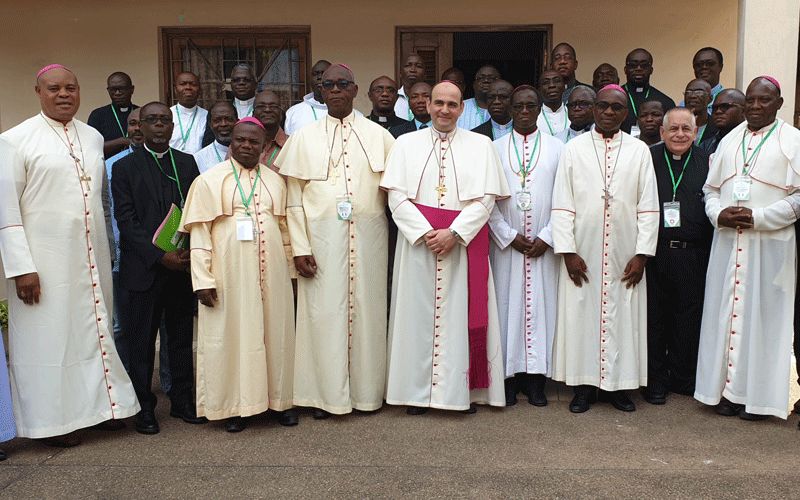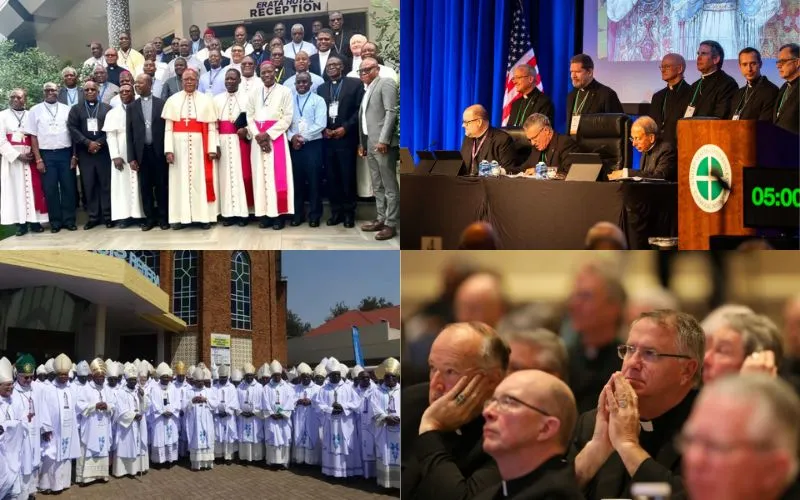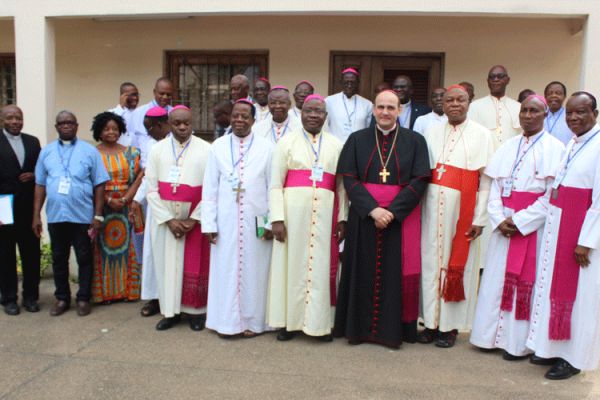Abidjan, 13 March, 2020 / 2:30 am (ACI Africa).
After concerns of massive land grabbing in Africa were raised by the West African Bishops at the helm of the Regional Episcopal Conference of West Africa (RECOWA) during their February meeting, these Church leaders have convened a follow-up meeting with other stakeholders including experts in Ivory Coast’s economic capital, Abidjan to seek solutions to the challenge.
At the official opening of the six-day meeting, the Secretary General of RECOWA, the regional conference comprising 154 dioceses spread across 11 conferences in 16 countries of Anglophone and Francophone Africa, gave a highlight of the impact of land grabbing in Africa.
“The violations committed by transnational corporations against communities are numerous. These include the non-respect of the rights of communities over their land, water and environmental pollution resulting in unemployment, illegal migration, food insecurity, climate change etc.,” RECOWA Secretary General, Fr. Joseph Aka told participants Tuesday, March 10.
“If we do not work to find ways and means to help our communities and our leaders by drawing their attention to their responsibility, it is we ourselves who can be the object of destruction,” Fr. Aka warned at the beginning of the March 9-14 meeting.
The meeting is being held under the theme, “Community land and environmental rights,” with emphasis on Pope Francis’ Encyclical letter, Laudato Si’.








